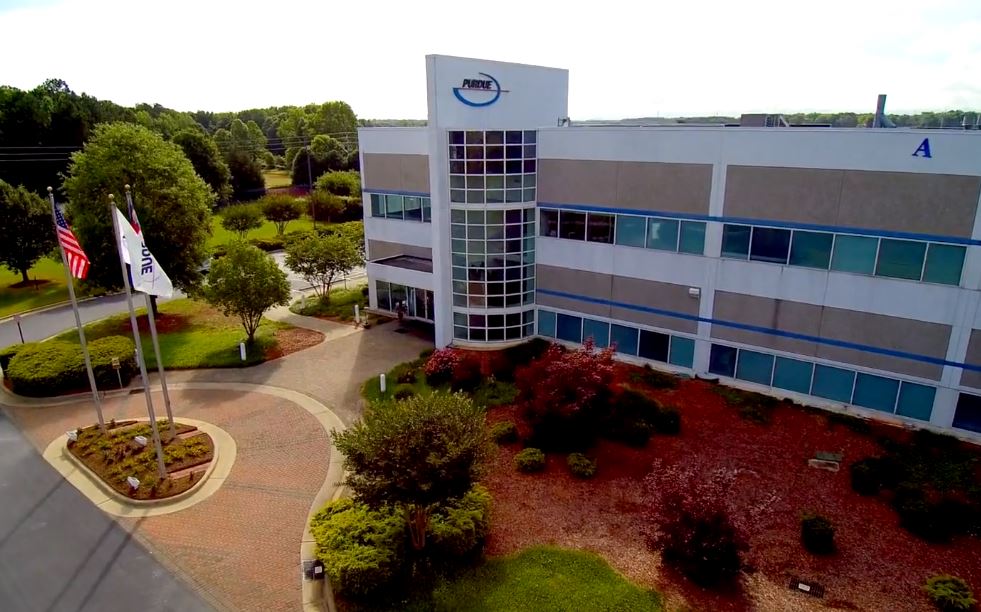Purdue settles Oklahoma opioid lawsuit for $270m

Purdue Pharma has agreed to pay $270 million to settle a lawsuit brought by Oklahoma that claimed it used deceptive marketing tactics to increase sales of opioid drugs, contributing to the state’s opioid overdose crisis.
The case is the first of around 2,000 civil and state-led lawsuits levied against Purdue, which makes the OxyContin (oxycodone) opioid painkiller brand, to reach a settlement. In 2007 it paid more than $600 million to settle a federal lawsuit over its marketing practices.
According to media reports, the company is considering filing for bankruptcy in a bid to sidestep the potentially substantial liabilities it is facing.
Privately-held Purdue – owned by the billionaire Sackler family – is not commenting on the Oklahoma case, which also accuses other companies such as Teva and Johnson & Johnson of encouraging over-prescribing of opioids and fuelling a “devastating opioid epidemic” in the state.
The other companies named in the lawsuit – Teva units Actavis and Cephalon and J&J’s Janssen subsidiary – are not part of the $270 million settlement. Purdue confirmed the settlement but has not commented further.
It is said to have agreed to the settlement after failing to get the court case postponed, amid speculation that the personal wealth of the Sackler family might be targeted by plaintiffs.
A Washington Post report suggests that the Sacklers have agreed to spend $75 million over the next five years as part of the settlement, which also includes $102.5 million from Purdue for a new addiction treatment facility in the state, $20 million worth of drugs to treat addiction, $12 million to support local rehabilitation programmes and and $60 million to cover Oklahoma’s legal fees.
2017 figures from the Centers for Disease Control and Prevention (CDC) indicate there were around 70,000 drug overdoses in that year, two-thirds of which were caused by misused prescription or illegal opioids, which is a six-fold increase over 1999. The death toll outstripped fatalities due to gun homicides and road traffic accidents combined.
More than 191 million opioid prescriptions were dispensed to American patients in 2017 - with wide variation across states – with Oklahoma featuring high on the list when it comes to long-acting or extended-release products with 9 prescriptions per 100 people in that year.
The US government estimates that in 2016 the cost of opioid overdoses, abuse and dependence amounted to $78.5 billion, with a quarter of the total funded from government finances.
Oklahoma claims in the lawsuit that the drugmakers played down the risk of prescription opioids whilst trying to expand their use beyond approved indications over a period of several years, and that trying to tackle the opioid epidemic is costing it millions of dollars every year.
Purdue has become a something of a bogeyman for the opioid crisis in the US, and has recently said it intends to diversify its activities, in part by developing non-opioid painkilling drugs. Earlier this year it licensed a non-opioid from PureTech Health’s affiliate Alivio that it intends to develop for interstitial cystitis and bladder pain syndrome.












